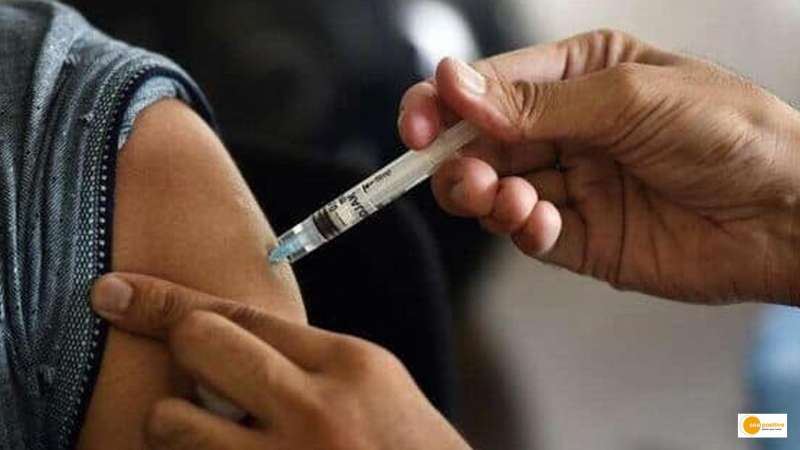

India’s first indigenously developed quadrivalent Human Papilloma Virus (HPV) vaccine for the prevention of cervical cancer launched September 1. The most awaited vaccine will be launched by the Union Minister of State (Independent Charge) Science & Technology Jitendra Singh at IIC Delhi.
The Drugs Controller General of India (DCGI) Subject Expert Committee on June 15 had in June approved the qHPV vaccine for cervical cancer patients above nine years to 26 years of age. Following this, last month the DGCI granted market authorisation last month to the Serum Institute of India (SII) to manufacture the indigenously-developed vaccine.
This comes at a very critical time as cervical cancer is the second most common cancer among women in India. This statistic is shocking because cervical cancer is largely preventable. As per a report in the Indian Journal of Gynaecologic Oncology’s December 2021 issue, cervical cancer accounted for 9.4 per cent of all cancers and 18.3 per cent of new cases in 2020 in India. In numbers, 18.3 per cent of the new cases translate to 1,23,907 cases. This means that over a lakh young women are being subjected to intense mental and physical stress for a disease that can easily be prevented by vaccination and regular screening.
Vaccines that train the immune system
But cervical cancer isn’t the only thing the vaccine can prevent. In fact, vaccines have revolutionized cancer treatment in recent years. Just as there are vaccines that train the immune system to find and destroy harmful pathogens, there are vaccines that prevent and/or treat cancer. Preventive vaccines work against certain types of cancer infections caused by viruses. However, it only works if you were vaccinated before contracting the virus. According to the U.S. Food and Drug Administration (FDA), there are two vaccines that prevent cancer: the HPV vaccine and the hepatitis B vaccine.
The HPV vaccine protects the body from human papillomavirus (HPV), which can cause cancer of the vagina, vulva, anus, and mouth, in addition to cervical cancer.It also causes malignant genital warts. The Hepatitis B vaccine protects against the eponymous virus (HBV) which can cause liver cancer. Vaccines used to treat cancer are commonly known as therapeutic vaccines and form part of a treatment called immunotherapy. They work by boosting the immune system to fight cancer-causing agents.
These efforts to strengthen the immune system through cancer-fighting vaccines are not new. In its long history, in the 1890s, William Corey, an American bone surgeon and cancer researcher, discovered that injecting isolated cases with a bacterial toxin (a type of vaccine) apparently stimulated the immune system and killed the patient. reported that their tumors had shrunk. Over the next few decades, researchers discovered that his T cells (a type of immune system cell) could be tricked into recognizing tumor antigens as foreign and fighting cancer. It has revolutionized cancer prevention and treatment, and has been reported to show amazing success rates in certain types of cancer, resulting in two approved treatments.
The first one was to create and administer drugs that lift molecular brakes on T-cells to intensify their anticancer attack. The second was to engineer the T-cells to home in on cancer cells.
Over the years, medical science has perfected the usage of preventive vaccines, which work by delivering proteins (called tumour antigens) which spare the healthy cells while attacking the tumours. This is by triggering the immune cells to accept the antigens in the vaccine, and produce antibodies (and killer T-cells) to attack the incipient tumour cells, thereby preventing cancer growth.
According to the World Health Organization, cancer is a leading cause of death worldwide, accounting for nearly 10 million deaths in 2020 — nearly one in six deaths. With vaccines – preventive and therapeutic – becoming accessible, the prevention and treatment of the dreaded ‘C’ can be truly revolutionised.


